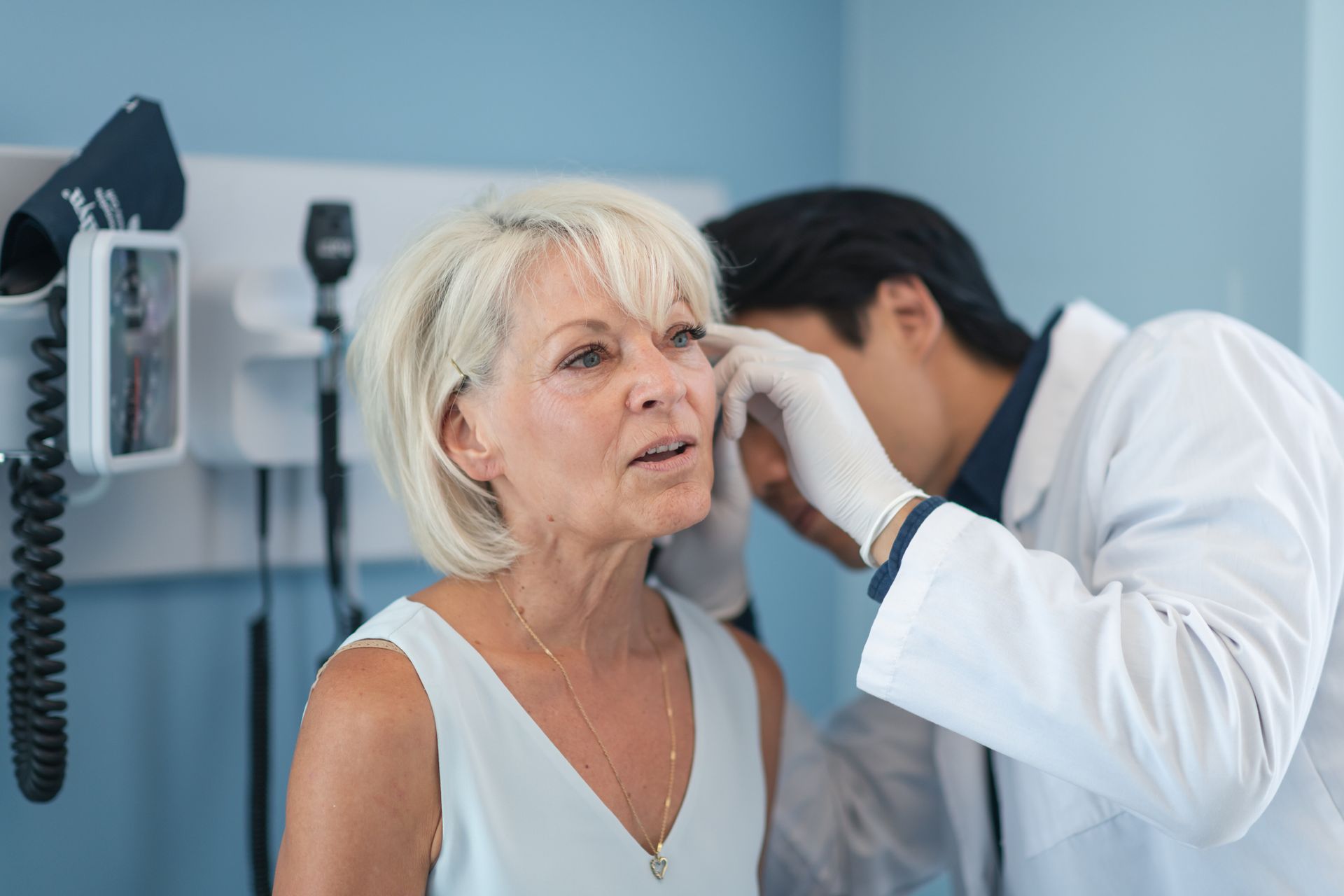What to Do If You’re Struggling With Mental Health
With the lingering stigma around mental illness, it can be difficult to reach out to friends, family, or a counselor when you need help. But these issues are common, with over 51 million people are affected by mental health disorders in the U.S. alone, and not reaching out when you need to can be dangerous. Here is a guide on the importance of seeking help and how to do so.
Why You Need to Reach Out
Many people’s hesitancy to seek help stems from the stigma that needing help means you’re weak. However, several chronic mental disorders are directly caused by physiological irregularities in the brain, while situations that negatively affect your mental health can eventually cause physical dysfunction. For example, prolonged stress can cause chemical imbalances that lead to anxiety.
Put simply, mental illnesses often have physical aspects that can’t just be willed away. Seeking treatment is necessary to take care of yourself, like when you go to a doctor for antibiotics to treat an infection. Counselors are trained to assess symptoms and recommend unique treatment plans that address both mental and physical aspects of mental health, such as talk therapy and medication.
Without treatment, the symptoms are likely to worsen over time. Untreated mental health issues can lead to job and financial instability, relationship turbulence, and increased risk for other health conditions, like diabetes and heart disease.
What to Do
The first step is reaching out. If you or others are in imminent danger, go to the closest emergency room or contact a crisis hotline. The Suicide Prevention Lifeline is confidential, open 24/7, completely free, and available over the phone or online chat.
If your need isn’t immediate, reach out to available resources within the next day. Your local health department, primary care physician, or urgent care clinic can connect you with local resources and treatment centers, either through an appointment or over the phone.
The primary mode of treatment needed for mental health is counseling, so research counselors in your area to find reputable options that take your insurance. If you don’t have insurance, some practices offer income-based rates, or institutions like universities may offer free counseling to students and discounted sessions to the public.
Counseling will consist of components like managing your symptoms, learning coping skills, combating harmful thought processes, processing your emotions and stressful events, and setting goals for yourself.
Start the process of feeling better by reaching out to Northwest Community Health Center. Located in Libby, MT, they offer mental health services from licensed counselors and physicians with decades of experience. They’re now offering in-person sessions, and they have in-school clinics for students. Explore their services online, and schedule an appointment by calling (406) 283-6900.














